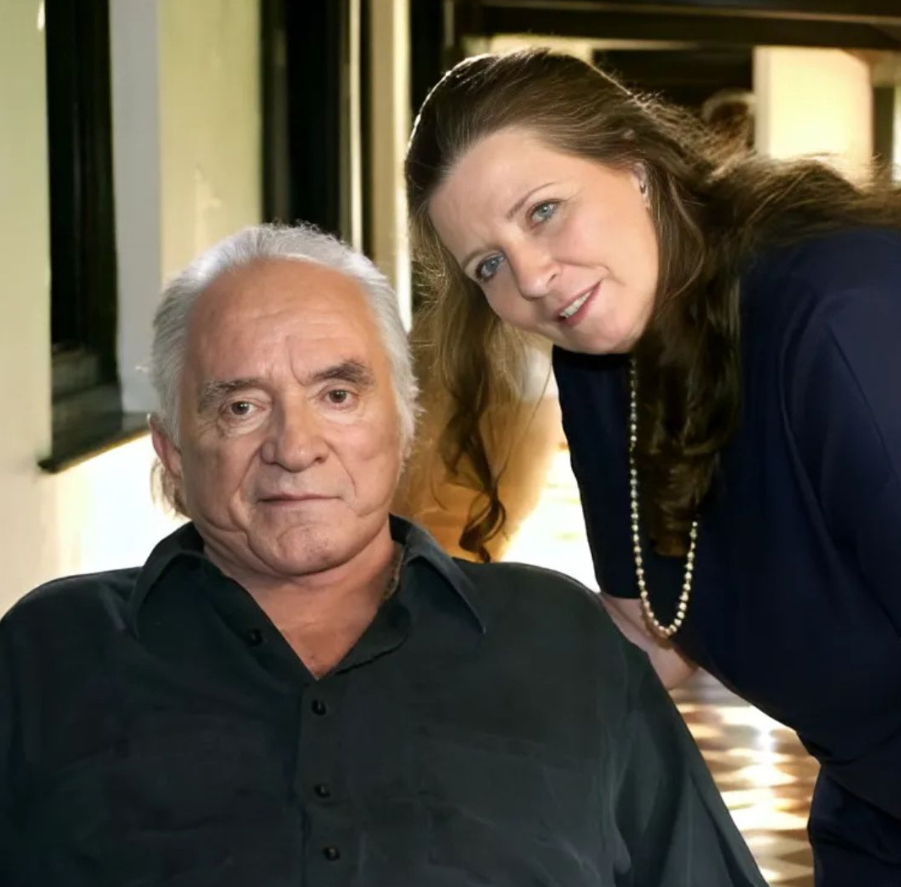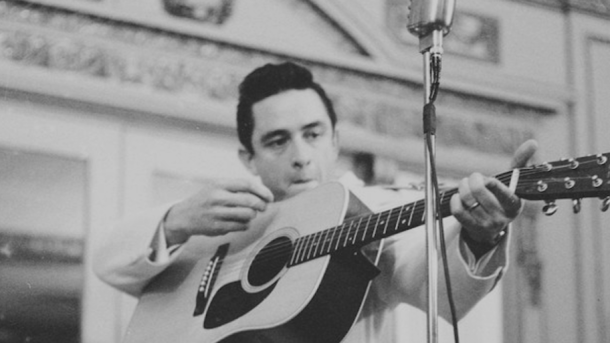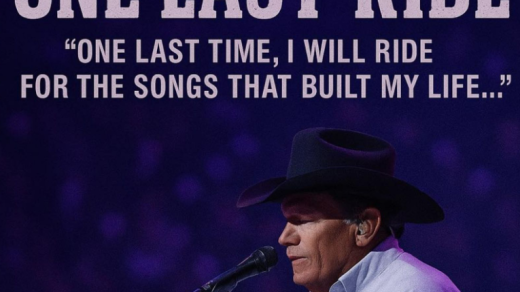Johnny Cash Man in Black is a powerful track released in 1971 as part of his album of the same name. Known for its bold, socially aware message, the song quickly turned into a voice for those who felt ignored by mainstream culture. With his unmistakable baritone and heartfelt delivery, Cash made sure his message was impossible to miss, cementing the song’s place in American music history as a protest anthem.
The title refers to Johnny Cash’s well-known wardrobe choice—his all-black clothing, worn in solidarity with the poor, the grieving, and the voiceless. Through Johnny Cash Man in Black, the artist declared his purpose: to speak up for the powerless and shed light on social wrongs like poverty and injustice.

Johnny Cash Man in Black – Composition and Style
Musically, Johnny Cash Man in Black is built around classic country elements. Its simple acoustic guitar and minimalistic arrangement draw attention to the meaningful lyrics. The somber sound pairs well with the serious themes of inequality, war, and hardship. Cash’s voice remains central—raw and full of conviction, echoing his empathy for those struggling to be heard.
The lyrics lay out why Cash dressed in black, offering reasons like poverty, the mistreatment of the elderly, and the impact of war. Rather than just a fashion statement, the black attire becomes a visual protest—a symbol of solidarity with those hurting the most.
Johnny Cash Man in Black – Legacy and Impact
This track became a staple in Cash’s performances, often met with deep appreciation from audiences. One of its earliest and most memorable renditions came during a 1970 show at Vanderbilt University, where the song first found its public audience. Over time, the track evolved into an emblem of Cash’s lifelong advocacy for the underrepresented.
Even today, the song’s legacy continues. Johnny Cash Man in Black has been covered and referenced by countless artists and media. It remains an inspiration for musicians who use their platforms to speak out on difficult social issues.
More than just a song, it’s a mission statement—one that speaks to justice, compassion, and action. Johnny Cash didn’t just sing about the forgotten; he stood with them. And through this song, he still does.
Source: www.countrysongs.levie.com.vn



